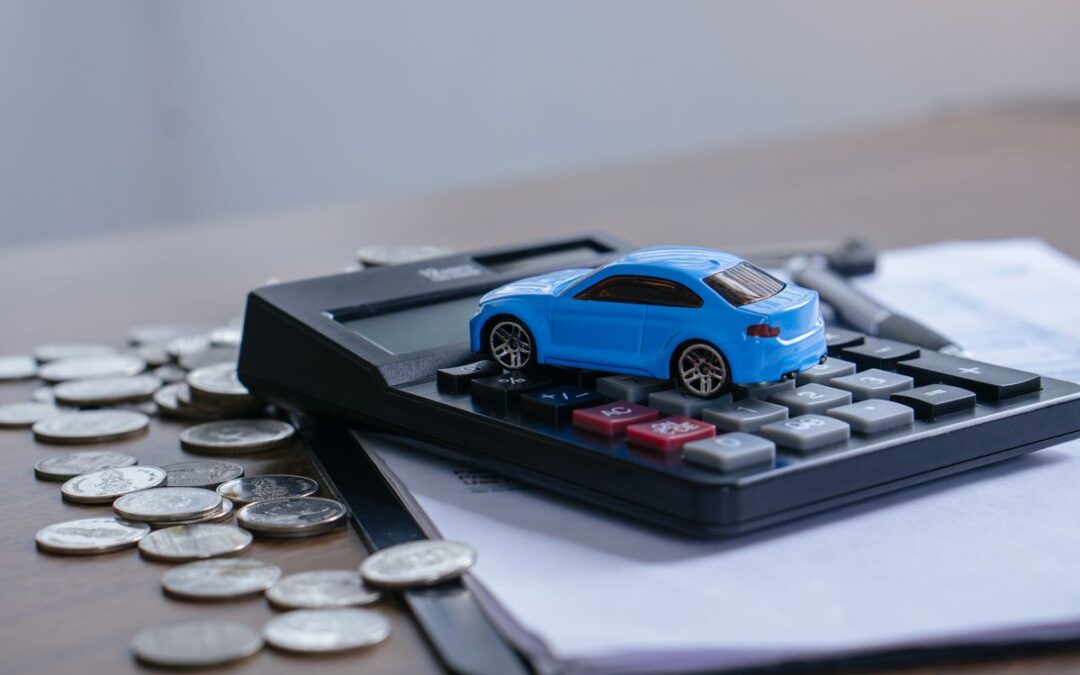Gap insurance, or guaranteed asset protection insurance, is a type of insurance that pays the difference between the value of your car and the amount you owe on your car loan if your car is totaled or stolen. This can happen if you have a loan on your car and the value of your car decreases before you pay off the loan.
For example, let’s say you buy a car for $20,000 and you finance $15,000 of the purchase price. Two years later, your car is totaled in an accident and the insurance company totals it for $17,000. You still owe $14,000 on your car loan, so you would be responsible for the $3,000 difference.
If you had gap insurance, the insurance company would pay the $3,000 difference, so you would not have to pay anything out of pocket.
What is GAP Insurance?
GAP insurance is a coverage that can make up the difference (or “gap”) between what your vehicle is worth and how much you owe on it. It comes into play if your car is stolen or totaled, and you owe more on your auto loan or lease than the car’s actual cash value.
Who Needs Gap Insurance?
While GAP insurance isn’t mandated by Georgia state law, many lenders and leasing companies might require it as part of their financing agreement, given the rapid depreciation of new vehicles.
Gap insurance is a good idea for people who:
- Have a loan on their car.
- Have a car that is worth less than the amount you owe on your car loan.
- Are concerned about being upside down on their car loan.
How Much Does Gap Insurance Cost In Georgia?
The cost of gap insurance for Georgia residents varies depending on the car’s make, model, year, and value. The average cost of gap insurance in Georgia is $300 to $500 per year.
How to Get Gap Insurance In Georgia
You can get gap insurance from your car dealer, your insurance company, or a third-party insurance company. When you are shopping for gap insurance, be sure to compare rates from different companies.
Is Gap Insurance Necessary?
Gap insurance is not necessary, but it can be a good way to protect yourself financially if your car is totaled or stolen. If you are concerned about being upside down on your car loan, gap insurance may be a good option for you.

Here are some additional tips for choosing gap insurance:
- Compare rates from different companies. Gap insurance rates can vary significantly from company to company, so it is important to compare rates before you buy a policy.
- Read the policy carefully. Make sure you understand the terms and conditions of the policy before you buy it.
- Ask about discounts. Many companies offer discounts for things like good driving records or multiple policies.
Things to Remember: GAP insurance only covers the difference between the actual cash value of the vehicle and the remaining loan or lease amount. It won’t cover any overdue payments, carry-over balances from previous loans, or other fees associated with your loan.
By following these tips, you can choose the best gap insurance policy for your needs.

